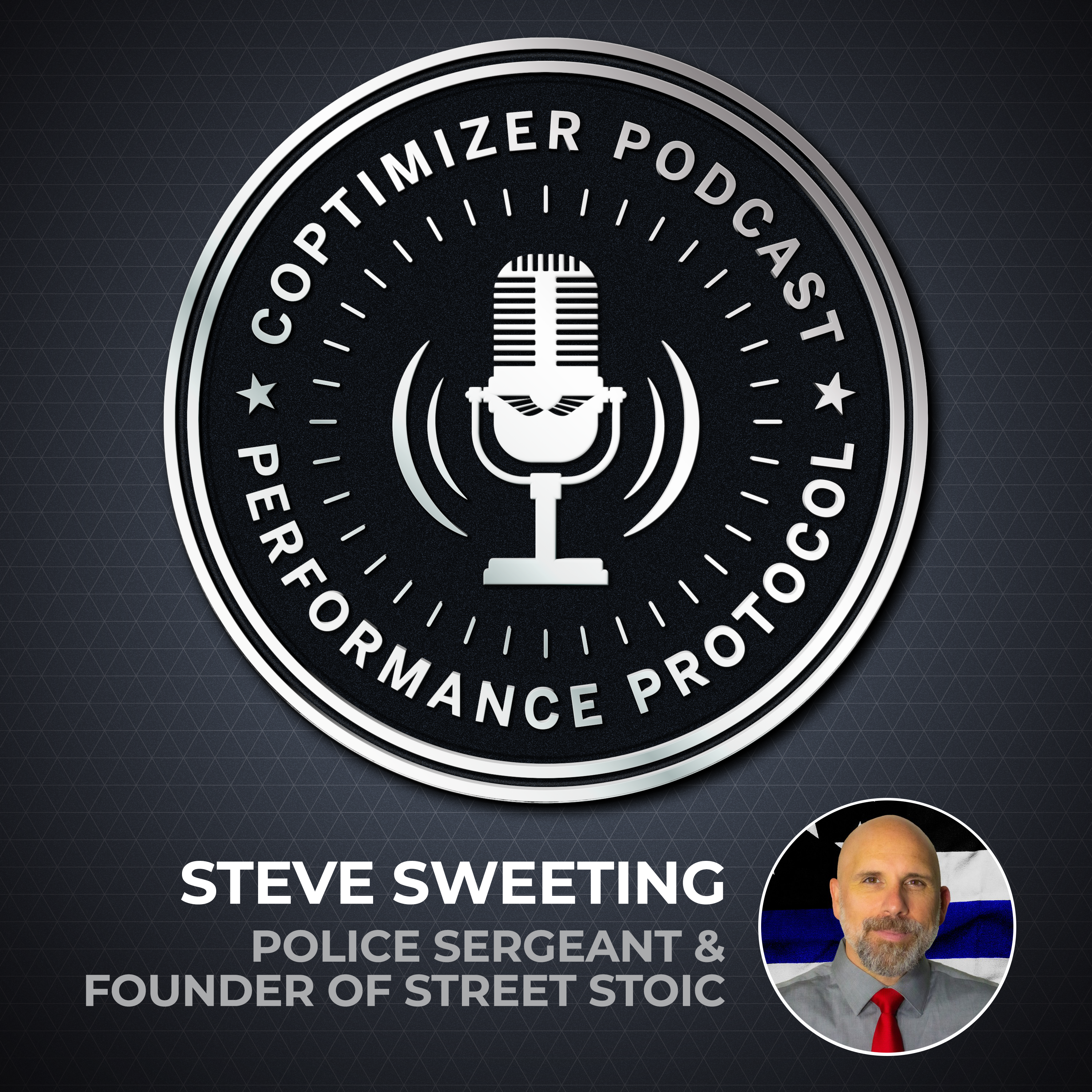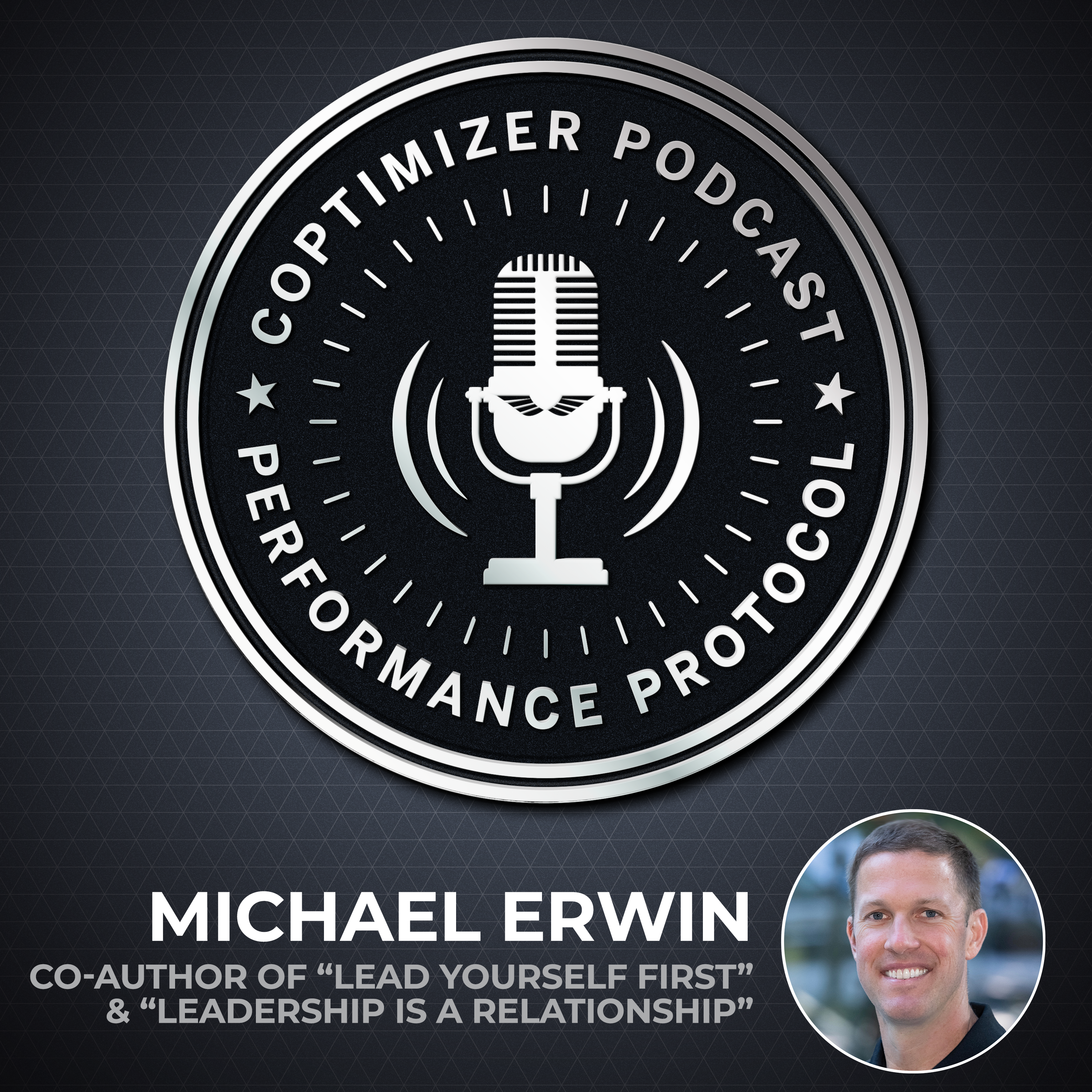For the next few weeks, we are going to focus on fitness. Well, in part, anyway. This show has always been based on the concept of performance optimization. When discussing optimal human performance, you can't start the conversation without understanding the foundational principle: Fitness.
There are many things in the policing world that are outside of our individual control. Fitness is not one of them. In fact, it might be one of the few things that we have total control over. But saying it does not make it easy. Understanding this foundational truth can add pressure to the decision to do it. But we don't want to focus on the negative; we want to show you what is possible once the decision is made.
Today's guest on #TheCoptimizerPodcast is Coory Joshlin, a police officer in Louisiana. Coory was recently featured in a popular online fitness magazine, The Morning Chalk-Up.
It can be compelling when people share their personal journey, regardless of the topic. But when it comes to police officers and obesity, there is a lesson for all of us to learn from. At 6'4" and 419 pounds, Coory is not your average cop! A former machinist by trade before entering his career in policing, he was not shy of hard work. But being a machinist, doing manual labor, is different from the sedentary and high-stress environment that is law enforcement. Now, throw in shift work, sleep deprivation, and a few other toxic stressors for the body, and you have a recipe for trouble.
Like most things in life, the upward movement on the scale does not happen overnight. It is a slow, if not insidious, process. It sneaks up on you and reveals itself at inopportune times. For cops, sadly, the first sign of trouble can be bad news in the form of a heart attack or other disorders related to chronic stress. But it does not have to be this way. And to be more hopeful, if you recognize you have a problem, that is good news because that means you are in a position to change it! It is not inevitable.
Coory got just such news. His doctor told him he was on a destructive path and would have big problems before he hit 50 if he didn't correct the course. When you are in your early 40's, 50 is not that far away. Plus, I probably disagree to some extent with his doctor. He would be lucky to make 50 at all on the continued course. Cardiovascular disease is the number one killer of cops, and number two, suicide, is not even close. Not coincidentally, chronic metabolic disorders are rampant in police work, and new science is revealing its role in depression, anxiety, and other mental health struggles. Again, the good news is that it is reversible, and Coory is on the path.
There is no one "right" way to start down the path of improvement, but there is a clear "wrong" way. And the wrong way is to do nothing, to hope things get better. But hope is not a plan; it is a pipe dream. So get inspired by listening to Coory tell us why and how he got on the fitness train and see what works for him.

In this episode of The Coptimizer Podcast, we sit down with Inspector Lynae Chodat, a 26-year policing veteran from the Delta Police Department in...

Have you ever wondered who Zeno of Citium, or should I say Cyprus, was. Probably not. If you are a male in your late...

Michael Erwin co-authors two books, Lead Yourself First, and Leadership is a Relationship. He is a graduate of West Point and the founder of...